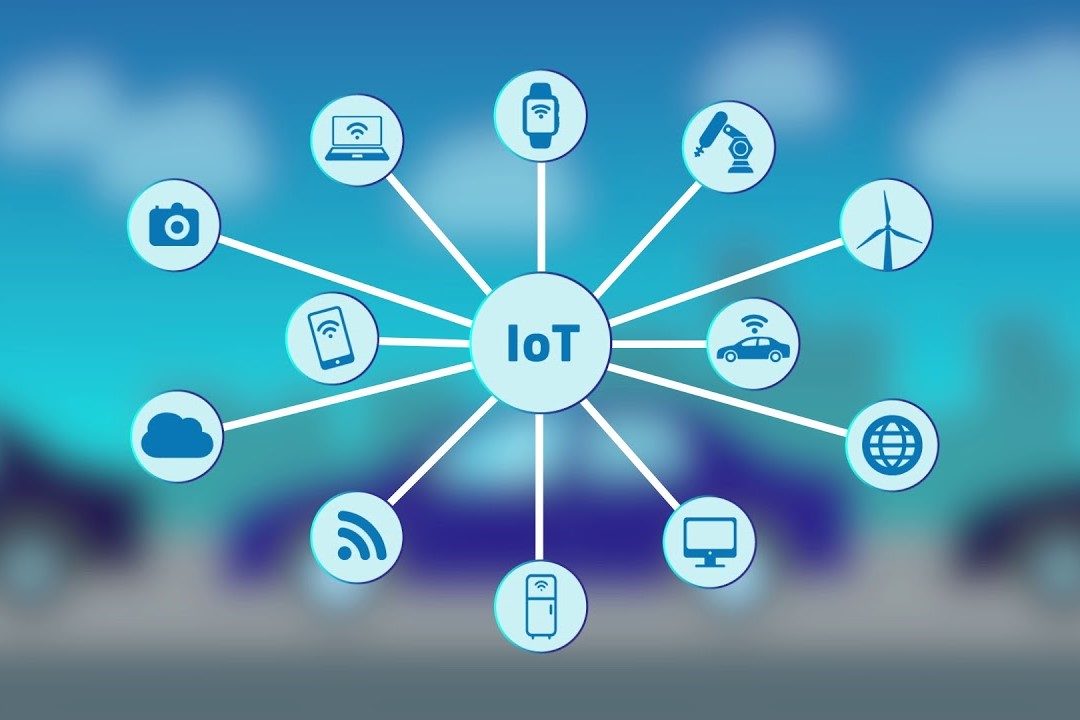This paper is an analysis by NESSI about the role of software technology in Key Digital Technologies (KDT), one of the proposed institutionalised European Partnerships under Horizon Europe (2021-2027).
Software already plays an important role in the value chain of electronic components and systems, which is
the focus of the ECSEL partnership, a predecessor of KDT. Embedded software, compilers and frameworks
are important parts of electronic components, and it is the development and operation of software
applications that eventually brings electronic systems to the end users. Built on ECSEL, the KDT partnership
aims to “reinforce Europe’s innovation potential by contributing robust electronic components and systems,
software technologies, sub-assemblies, and systems of systems (SoS) to complete value chains/networks,
and providing secure and trusted technologies tailored to the needs of user industries”.
To achieve this, it plans to extend the scope to cover more research and innovation actions on the software aspects of
electronic components and systems. NESSI fully supports this extension, as software technologies have proven to be a game changer for digitalisation in different industry sectors. At the same time, the way we develop and operate software is evolving significantly, powered by multiple key enabling technologies emerging recently, such as AI and ubiquitous connectivity. However, advances in software engineering are mainly within the original software industry, and are adopted only with significant delay in other industry sectors.
In this paper, we analyse the important challenges that hinder the improvement of software development in the KDT context. To address the challenges and to support the area of KDT with advanced software technologies, NESSI has identified and recommend the following research and innovation topics:
- DevOps for electronic components and systems, involving all players along the KDT value chain.
- Platformization of KDT applications to support software-driven integration and to build ecosystems.
- Digital trust in systems with large number of components in a distributed and context-aware way.
- Management of complexity in the presence of dynamicity and uncertainty arising from, and addressed by, AI-powered self-adaptation.
- Spatial Computing that utilizes advanced human-machine interactions enabled by novel electronic components.
- Software support for sustainable and efficient computing

